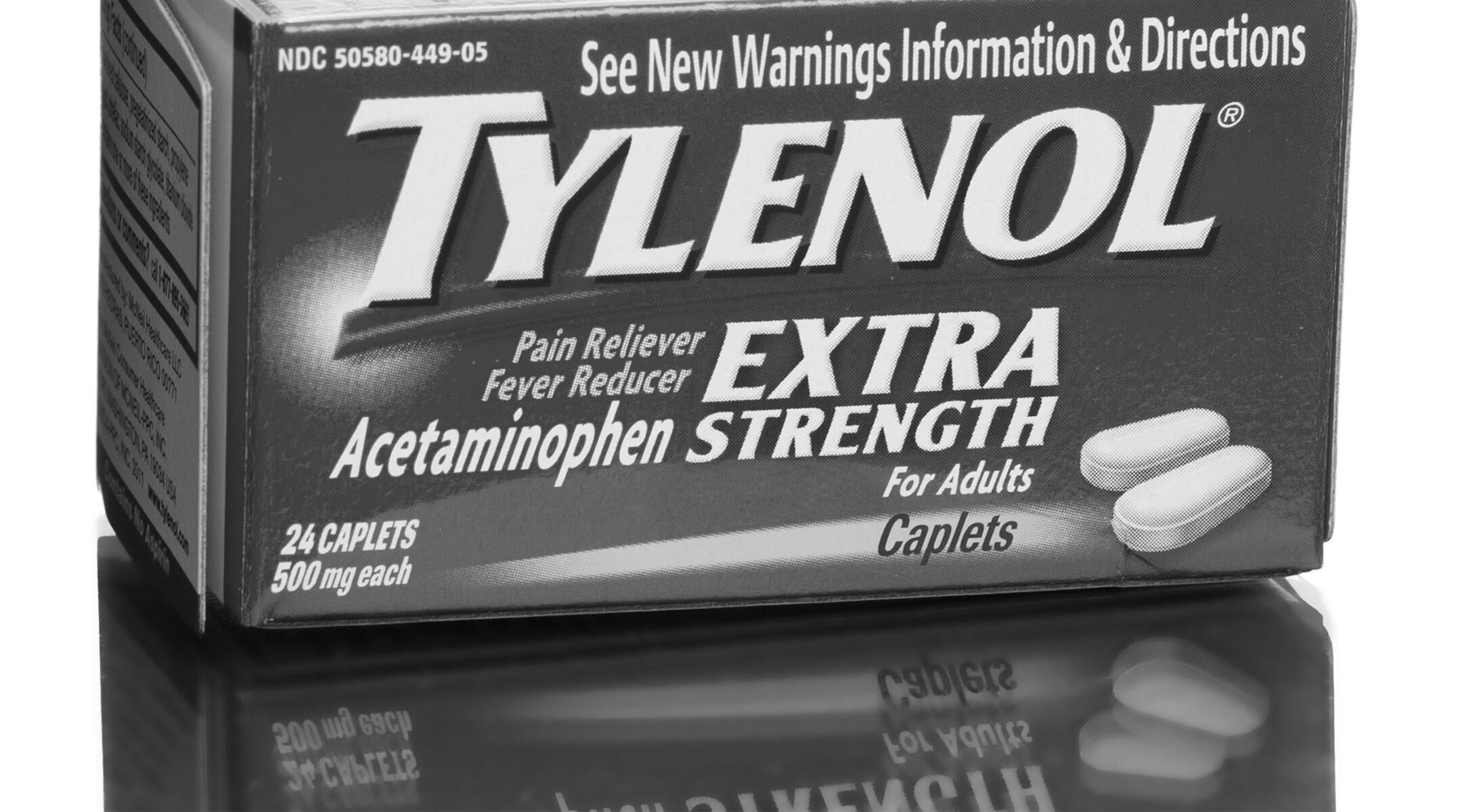Do You Need Folic Acid or Folate? It Depends on Your Genes, Study Says
You may not know exactly which nutrients are high-priority during pregnancy, but chances are you have heard about folate. This B vitamin prevents neural tube defects—deformities in baby’s brain and spine—and ACOG says you need 600 micrograms of it a day during pregnancy (and 400 micrograms per day before pregnancy). But that’s hard to get from foods alone. Most women need an extra boost in the form of a folic acid supplement—a synthetic form of folate. Newer research, however, says folate and folic acid aren’t quite created equal for every mom-to-be. Depending on your genetics, you may want to stick to folate.
It boils down to a gene called MTHFR, which we each have two copies of. When this gene behaves properly, it is responsible for producing the protein that converts folate into a form our body can actually use, called 5-methyltetrahydrofolate (5-MTHF). That protein, called methylfolate, also regulates metabolism. But about 40 percent of people have a mutation in at least one copy of the MTHFR gene that slows down protein production. Essentially, the body’s ability to convert folic acid into a usable form plummets, so it’s not offering the amount of prenatal protection it could be.
If you’ve received a MTHFR mutation diagnosis, which is determined by a simple blood test, your first instinct may be to load up on folic acid supplements to give your body more to work with, especially because folate is said to lessen effects of the mutation. And some doctors do prescribe increased doses of the folic acid supplement. But research suggests more pure form of folate could be a better bet.
Beyond just loading up on folate-rich foods like dark green vegetables, legumes and lentils, you may want to consider vitamins and supplements containing the dietary form of folate: that 5-MTHF form our bodies can already use. On a vitamin or supplement, this is labeled as “folate” or “natural folate.” Essentially, this eliminates a step for the body, which is especially helpful for people with the MTHFR mutation. Liver enzymes have to turn folic acid into something called tetrahydrofolate before it can be turned into 5-MTHF.
So why isn’t everyone just passing over folic acid and going straight to 5-MTHF, or “natural folate” prenatal supplements like UpSpring and New Chapter? At this point, more research is still needed to prove 5-MTHF has the same protective benefits as folic acid. While it probably does, only clinical evidence is available.
If you have the MTHFR mutation, or if you’d like to get tested for it, talk to your doctor. From there, he or she can help prescribe the best prenatal supplement for you. If you’re up for some pre-research, we have advice, as well as 10 of our favorite brands.
Please note: The Bump and the materials and information it contains are not intended to, and do not constitute, medical or other health advice or diagnosis and should not be used as such. You should always consult with a qualified physician or health professional about your specific circumstances.
Navigate forward to interact with the calendar and select a date. Press the question mark key to get the keyboard shortcuts for changing dates.




















































